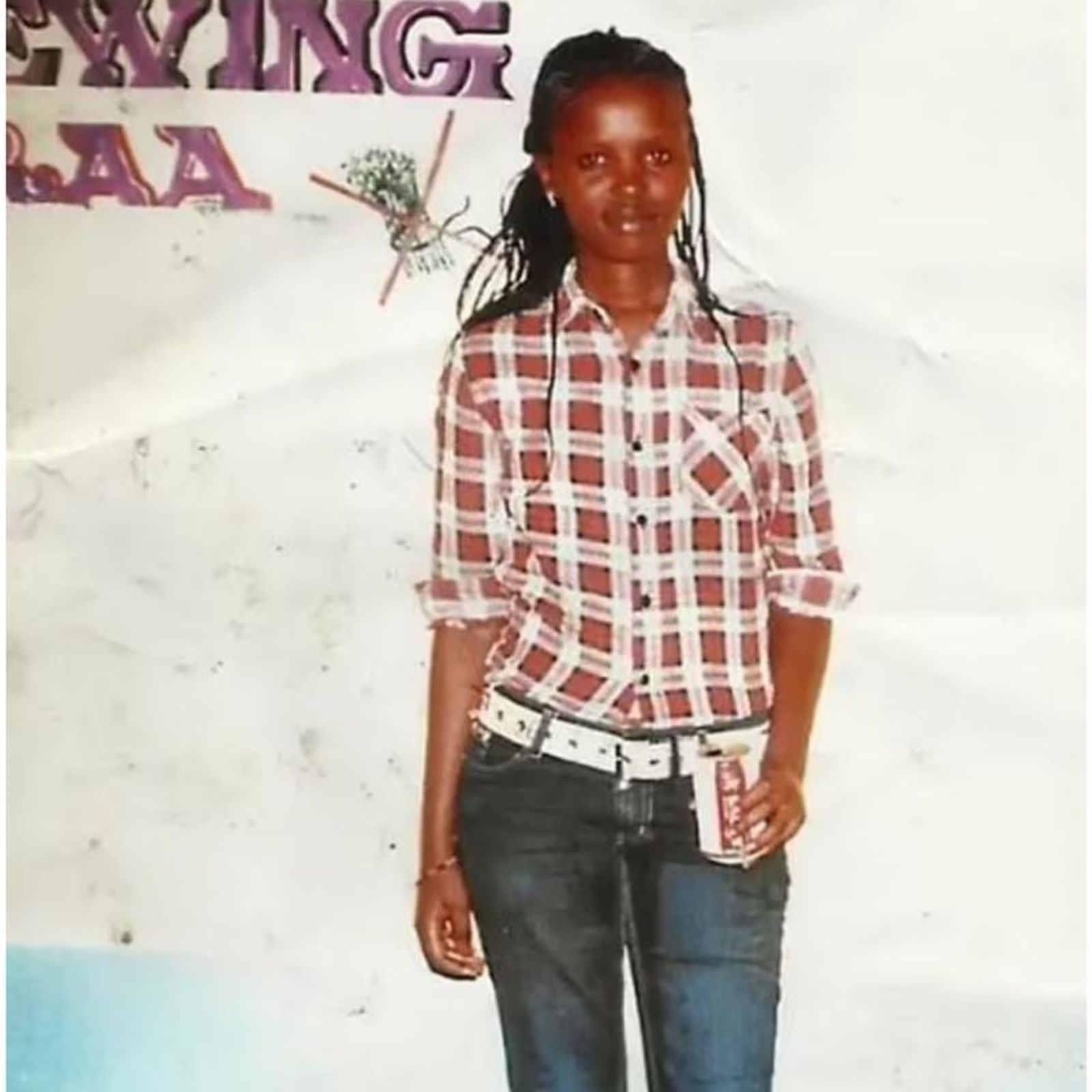When 21-year-old Agnes Wanjiru left her baby behind and stepped out for a night of dancing in Nanyuki in 2012, no one imagined it would be the last time her family saw her alive. Days later her body was discovered in a septic tank near a hotel frequented by British soldiers. Her killing became one of the most haunting crimes in Kenya’s recent history, exposing uncomfortable truths about power, justice, and accountability.
A Decade of Silence
For almost ten years the case sat in silence. Police files gathered dust while witnesses whispered in fear. Locals had long claimed that British soldiers from a training camp in Nanyuki were involved but little was done. It was not until 2019 that the Sunday Times investigation reignited global outrage, revealing that soldiers at the time had joked about the murder and even named one of their own, Robert James Purkiss, as the main suspect.
The report forced both the Kenyan and British governments to respond. Yet even then justice moved painfully slow. Families of victims in Kenya are used to delays but for Agnes’s relatives, every year without closure felt like a wound reopened.
The Turning Point
In September 2025, a Kenyan court finally broke the silence. Justice Lucy Gitari issued an arrest warrant for Purkiss after a special inquiry found sufficient evidence linking him to the murder. In a tense court session at the Nanyuki Law Courts, the judge stated that “the evidence before this court is compelling enough to demand the suspect’s immediate surrender to face trial.” The courtroom broke into quiet applause as Agnes’s niece, Esther Njoki, wept softly beside her lawyer.
Njoki, now the same age her aunt was when she died, has become the family’s voice. She traveled to London this October to meet British officials and plead for Purkiss’s extradition. Standing before reporters, she said, “We are not asking for revenge. We are asking for justice. Agnes deserves to rest in peace.”
The Battle for Extradition
The extradition process is now in the hands of the UK government and the courts. Kenyan prosecutors filed a formal request under the Mutual Legal Assistance framework, urging swift action. The case has placed the UK’s new Labour government under pressure to show commitment to international justice.
Njoki told The Guardian, “We’re hoping before their time ends they’ll deliver justice for Agnes because everyone is watching.” She said that for the first time, her family felt heard. “Before it was hard even to engage. Now we can meet ministers and see real change.”
However, British legal experts warn that extradition cases can take months or even years, especially when involving former military personnel. The Ministry of Defence has said it will cooperate fully but has not provided a timeline. Human rights advocates fear political hesitation could once again delay justice.
A Case That Exposes a Larger Truth
Agnes’s death and the years of inaction highlight a painful reality. Kenya hosts thousands of British soldiers every year for joint military exercises, yet cases of misconduct often go unresolved. Critics say the imbalance of power between the two nations has allowed injustices to fester.
For many Kenyans, this case is about more than one woman’s murder. It is a test of whether the government can stand up for its citizens even against global partners. Political analyst Moses Muthomi notes, “If the UK refuses to extradite the suspect, it will show that African lives are still treated as expendable in the eyes of international law.”
The Human Face of Justice
Despite the legal hurdles, Njoki has become a symbol of persistence. Her social media posts, community vigils, and press interviews have drawn support from women’s rights groups across Africa. She says her family prays every day for closure. “It is painful to know that the person responsible might be walking free while we are still grieving,” she said. “But I have faith. Justice might take time but it always arrives.”
A Global Watch on Kenya’s Judiciary
The world is now watching how both governments handle this case. Kenya’s Attorney General has said the country is prepared to send prosecutors to London if required. Meanwhile, British MPs are calling for transparency and a full inquiry into how the army handled the original investigation.
Agnes’s name has resurfaced in international debates about colonial-era immunity, military cooperation, and gender-based violence. Her story has become a rallying cry for justice reform. As one Kenyan activist wrote online, “Agnes Wanjiru was a mother, a daughter, a dreamer. She cannot speak but through us she will still be heard.”


